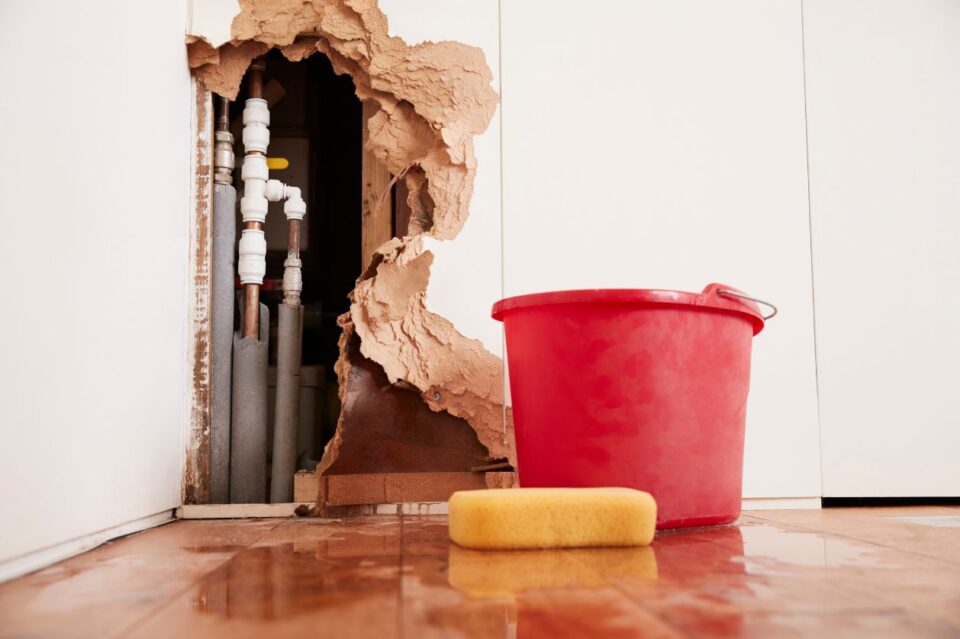Major Ruling: Illinois Supreme Court Provides Clarity and Changes Precedent on CGL Coverage for Defective Work (Positively Affecting Real Estate Developers and Community Associations)

The Illinois Supreme Court recently upended decades of Illinois caselaw regarding coverage under commercial general liability (CGL) policies, aligning Illinois with most states on the issue. On November 30, 2023, the Illinois Supreme Court unanimously held in Acuity v. M/I Homes of Chicago, LLC that the “your work” exception under CGL policies did not prevent a contractor’s coverage for unexpected and unintended property damage caused by the insured’s faulty workmanship. Previously, Illinois followed a relatively narrow interpretation that coverage under a CGL policy only applied if the property damage caused by faulty construction extended beyond what could be repaired and replaced.
This ruling upends decades of legal precedent and opens the door for real estate developers to trigger possible insurance coverage for construction defects where such coverage previously was excluded. The ruling is also a positive development for community associations that have claims against a developer of a community association because such claims against the developer may result in insurance coverage for the developer and, thus, an insurance carrier with a deep pocket at the table.
The underlying litigation stemmed from alleged shoddy work performed by a subcontractor at one of M/I Homes’ projects, which resulted in water damage to the interior walls of the townhomes. The townhome owners’ association filed a lawsuit against M/I Homes as the general contractor and successor developer/seller for breach of contract and breach of an implied warranty of habitability. Specifically, the plaintiff alleged that M/I Homes’ subcontractors used defective materials, performed faulty work, and failed to comply with applicable building codes, all of which caused construction defects in the townhomes.
M/I Homes asserted that Acuity, a mutual insurance company, had a duty to defend M/I Homes, as an additional insured under the subcontractor’s CGL policy. Acuity denied its duty to defend, and the trial court granted summary judgment in favor of Acuity, holding that there was no duty to defend because the “property damage” wasn’t caused by an “occurrence” as defined in the applicable CGL policy as interpreted by then-current Illinois law. The appellate court reversed and remanded.
On appeal to the Illinois supreme court, Acuity argued that the damage was the natural and ordinary consequence of defectively performed work. The damage was not caused by an “occurrence” – or “accident” – and, accordingly, the alleged damages fell under one of the CGL’s exceptions and wasn’t covered by the policy.
The central issue in the case was the interpretation of whether “property damage” was caused by an “occurrence” per the CGL policy language. If the property damage alone were an occurrence, there would be coverage under the policy. If not, there would be no coverage, as Illinois courts have long held (and which was overturned by this Illinois Supreme Court case).
The policy defined “property damage” as “physical injury to tangible property, including all resulting loss of use of that property.” Accordingly, the interior water damage caused by leaks and/or moisture damage from the subcontractors’ faulty exterior work and defective materials was the “property damage.”
The court then looked to the interpretation of “occurrence.” The applicable CGL policy defines “occurrence” as “an accident, including continuous or repeated exposure to substantially the same general harmful conditions.” Since “accident” is not defined in the policy, the court applied a plain interpretation to find an accident to be “an unforeseen occurrence.” Accordingly, the court held that “accident” covers unintended and unexpected damage caused by negligent conduct. When applied to the facts at hand, the court found that neither the subcontractor’s construction defects, nor the resulting damage to the interior walls, was intended, anticipated, or expected. In other words, the damage was caused by “an occurrence,” per the policy terms.
CGL policies often exclude “property damage occurring away from premises you own or rent and arising out of your product or your work,” as the policy did in this case. However, the court noted that the words “your work” referred to the named insured (i.e., the subcontractor) and not M/I Homes as the additional insured.
“To the extent that inadvertent construction defects that result in property damage are not covered, those limitations are effectuated by operation of the exclusions section of the policy,” the court wrote in its decision. “To hold otherwise would be inconsistent with this court’s pronouncement that all relevant provisions of an insurance policy are to be read together, rather than in isolation, and given effect.”
“We set these provisions out here merely to emphasize that these exclusions support our initial conclusion that a subcontractor’s defective work that results in property damage to the completed project may be covered and that coverage is ultimately determined by operation of the various exclusions and exceptions,” the court wrote. This is the key change to decades of Illinois case law on this point, bringing Illinois in line with most states.
If you are a developer of real estate or a community association that has questions about how this new case law may affect your interests and/or current ongoing applicable claims, please do not hesitate to reach out to us to discuss.
Filed under: Community Association, Real Estate
Related insights
March 05, 2025
Treasury Department Announces Suspension of the Corporate Transparency Act, Exemption for U.S. Citizens and Domestic Reporting Companies: What Do Community Associations Need To Know?
Read MoreJanuary 24, 2025